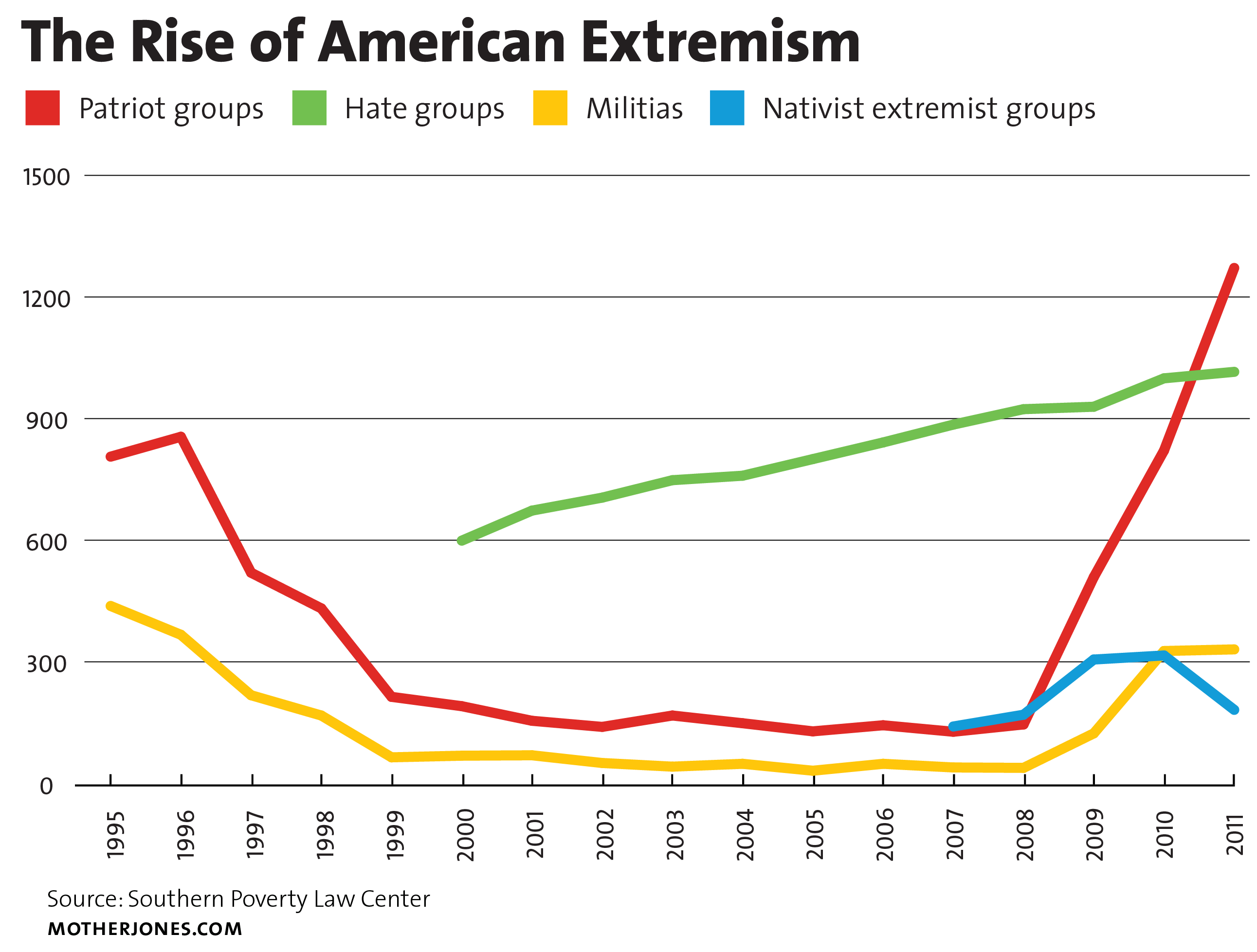
And the real problem is on The Right.
***
For a perfect example of Congress' polarization in action, look to the budget battle. "House Republicans rallied behind a slashing budget blueprint on Thursday, passing a non-binding but politically charged measure that promises a balanced federal ledger in 10 years with sweeping budget cuts and termination of health care coverage under the Affordable Care Act. The 219-205 vote on the budget outline takes a mostly symbolic swipe at the government's chronic deficits. Follow-up legislation to actually implement the cuts isn't in the offing. Twelve Republicans opposed the measure, and not a single Democrat supported it....While staking out a hard line for the future, follow-up legislation is likely to be limited this year to a round of annual spending bills that will adhere to a bipartisan budget pact enacted in December." Andrew Taylor in the Associated Press.
Budget vote shows the parties' divergence. "The move underscored the different universes the two parties occupy as election season heats up. Democrats see the budget, which passed on Thursday in a 219-to-205 vote, as a political millstone, with brutal cuts to popular government programs, sweeping and controversial changes to Medicare, and tax cuts for the rich. Republicans consider it a modest step....But Republicans will try to use the vote to prove their tough-minded fiscal credentials. And Democrats will seek to tar their opponents by spotlighting the budget's deep cuts to education, food stamps and transportation programs, its proposed transformation of Medicare, and the tax rate cuts for the rich. The budget bill tally demonstrated the Democrats' certainty that the Ryan budget will badly hurt its supporters -- no Democrats voted for it. But the vote spoke just as loudly about Republicans' lack of fear." Jonathan Weisman in The New York Times.
Millennials don't see budget along the same partisan lines. "Put a handful of smart millennials in a room and ask them to deconstruct the U.S. budget, and what you might get is 90 pages of level-headed analysis that doesn't fit neatly inside a partisan box. They wouldn't dictate ideological solutions, because this generation of young Americans is less partisan and more open-minded than any other. They would, however, chastise their parents' generation for accepting stasis and status quo, saying something like, 'Our future hinges just as greatly on the budgetary decisions our leaders refuse to make.'" Ron Fournier inNational Journal.
No comments:
Post a Comment